Tackling today’s challenges of climate, democracy, and global health – but in a fun way? This blog post might convince you to join a Circle U. Summer School with co-students from nine universities across Europe!
Participating in the Circle U. PhD Summer School on Negotiating Climate Change in the context of absolute CO2 limits and timeframes at Aarhus University in Denmark has been very enriching for my PhD project as well as my personal and academic growth as a young scholar.
A summer in Aarhus
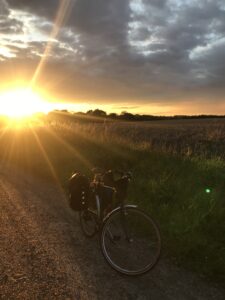
My research project deals with gender and protest at sites of socio-ecological conflicts related to copper mining in the southern Andean region of Peru. As copper is a relevant metal for the energy transition, it is linked to climate change mitigation policies and EU resource politics – one of the topics dealt with at the Circle U. Summer School.
Other lectures provided insights and expert knowledge on Environmental and Climate Security, International Climate Politics and Climate Activism. The discussions and lectures were enriched by the broad range of disciplines and research perspectives. Whereas I could bring in my own experience in workshop activities, other perspectives were new to me, which provided an opportunity to learn about a variety of research approaches – all thematically related to climate change, but from different disciplinary backgrounds. Presentations and discussions of research projects mainly took place in peer assessment groups.
Further summer school activities included a field trip to the Aabyhoj district as an example of climate adaptation and nature-based solutions in practice, a creative design/prototyping workshop, and social gatherings in the evenings in Aarhus – a vibrant student city located on the eastern shore of Jutland. Aarhus University, founded in 1928, ranks among the top 100 and 150 universities in the world and is considered “dynamic, modern, and highly international”.
Never heard of Circle U. before?
Circle U. is a research-intensive and interdisciplinary alliance of 9 European universities, working together to provide outstanding education, research and innovation to contribute to more sustainable, democratic and healthier societies. Students will have access to unique opportunities such as various summer schools for diverse and innovative learning, international experiences and cultural knowledge exchange. Have a look at their 2024 summer schools here!
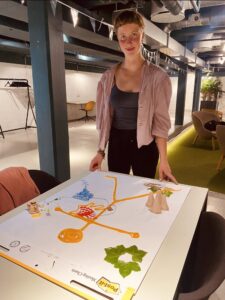
Even though it became clear that the complexity of climate change as a global problem has to be tackled on a systemic level, individual climate-(un)friendly behaviour was not reflected as much as I expected during the summer school. The CO2 footprint caused by organizing and realizing the summer school, for example the use of single-use coffee cups and plastic bottles as well as airplane travel by the majority of its participants, could have been reduced or at least discussed. Other reflections were given more space during the summer school, and participants discussed how to imagine a non-hierarchical and sustainable university, as well as the researcher’s own positionality in academia and research.
My key takeaways
I took away some important points of reflection from these sessions linked to questions of my own positionality as a young western researcher in Latin America and thus my perceptions of climate change (e.g. how does my particular positionality influence the way I perceive climate change and the way I am interacting in the field? Which kind of limitations result of my positionality?), as well as referring to my academic environment and knowledge production.
As a result of the summer school, I became highly motivated to further engage with decolonial and participatory approaches to knowledge production and reflect on how climate change related knowledge can provide a tool to foster struggles for climate change mitigation.
I would like to emphasize the contribution of the Circle U. Summer School to foster interdisciplinary research and academic exchange between PhD students through the thoughtful combination of lectures, peer assessment, and other workshop activities that allowed for a rich learning environment. Finally, I take home the key message of “shaping change as a critical activity” and want to thank Anne Jensen and Hillary Briffon in particular, as well as The University of Vienna for facilitating my attendance for this very inspiring learning experience at Circle U. Summer School.
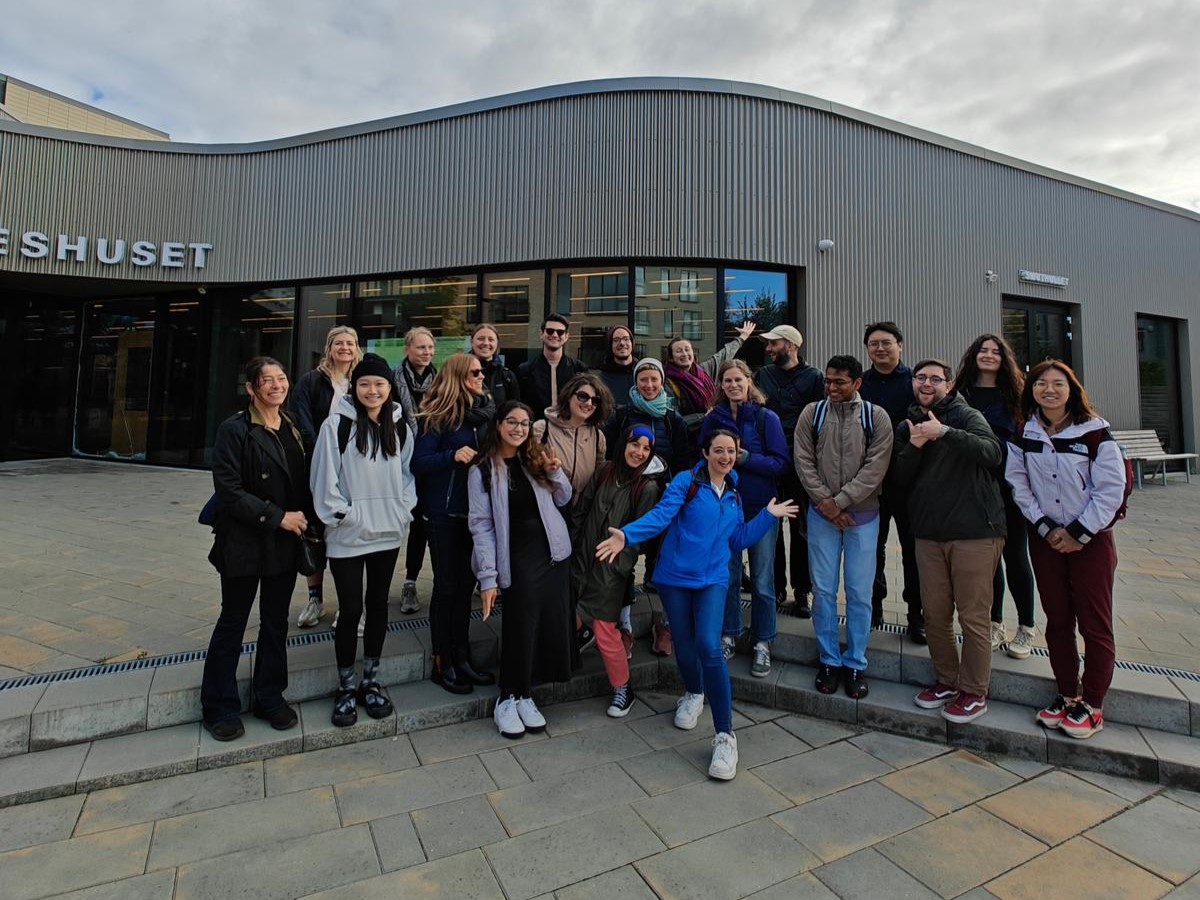

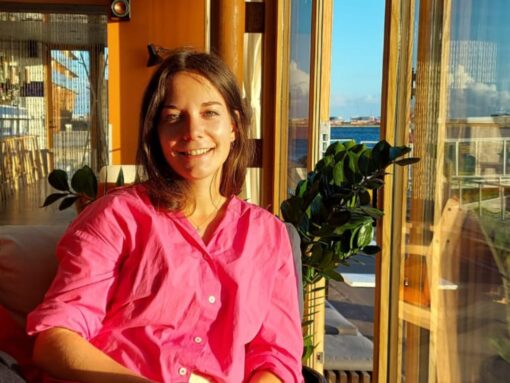
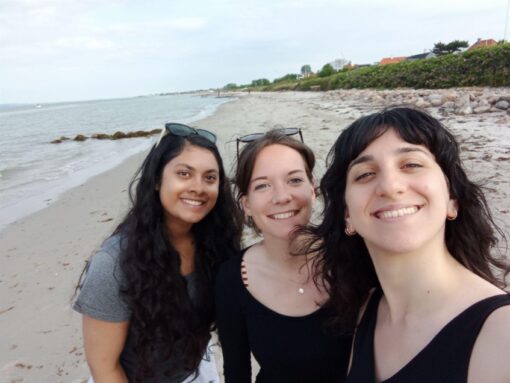

Really enjoyed reading this! It’s refreshing to see such an honest take on what an exchange semester is actually like — not just the travel highlights, but also the cultural shocks and the little things that take time to get used to.